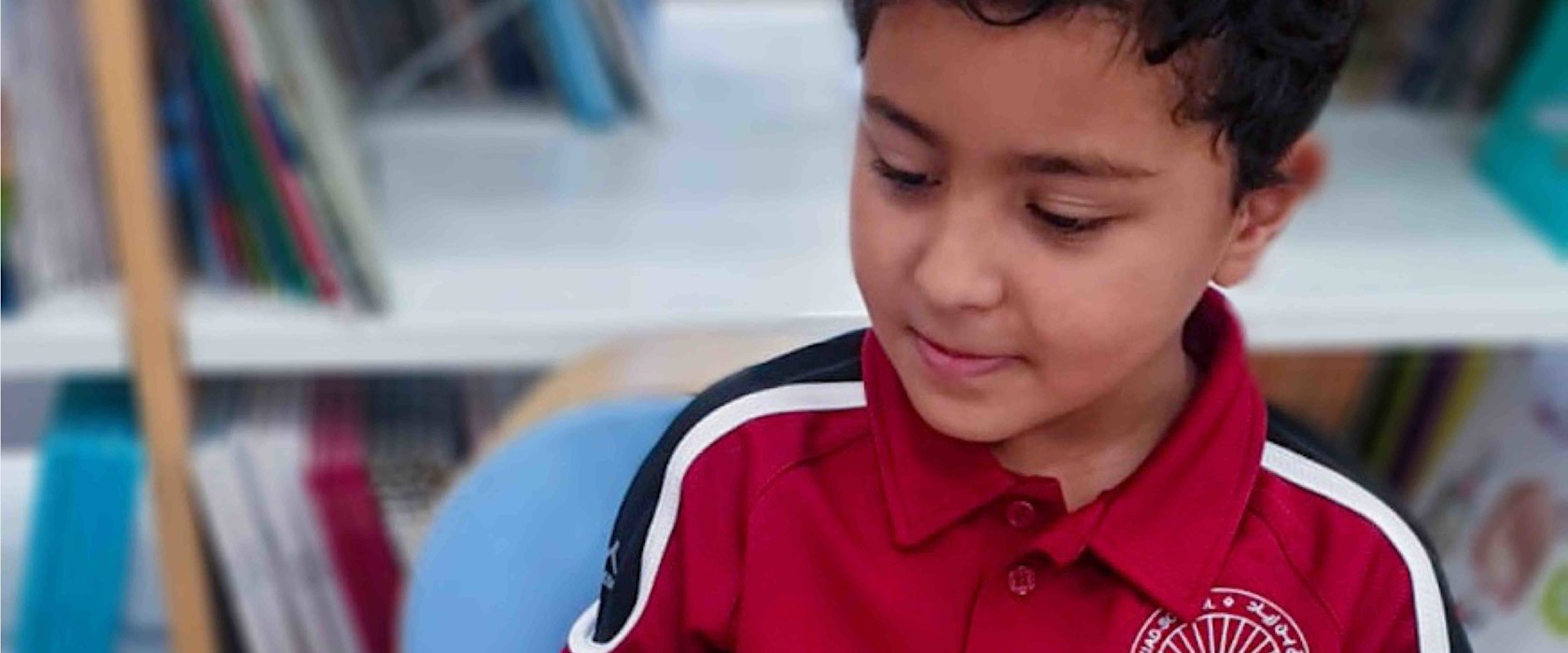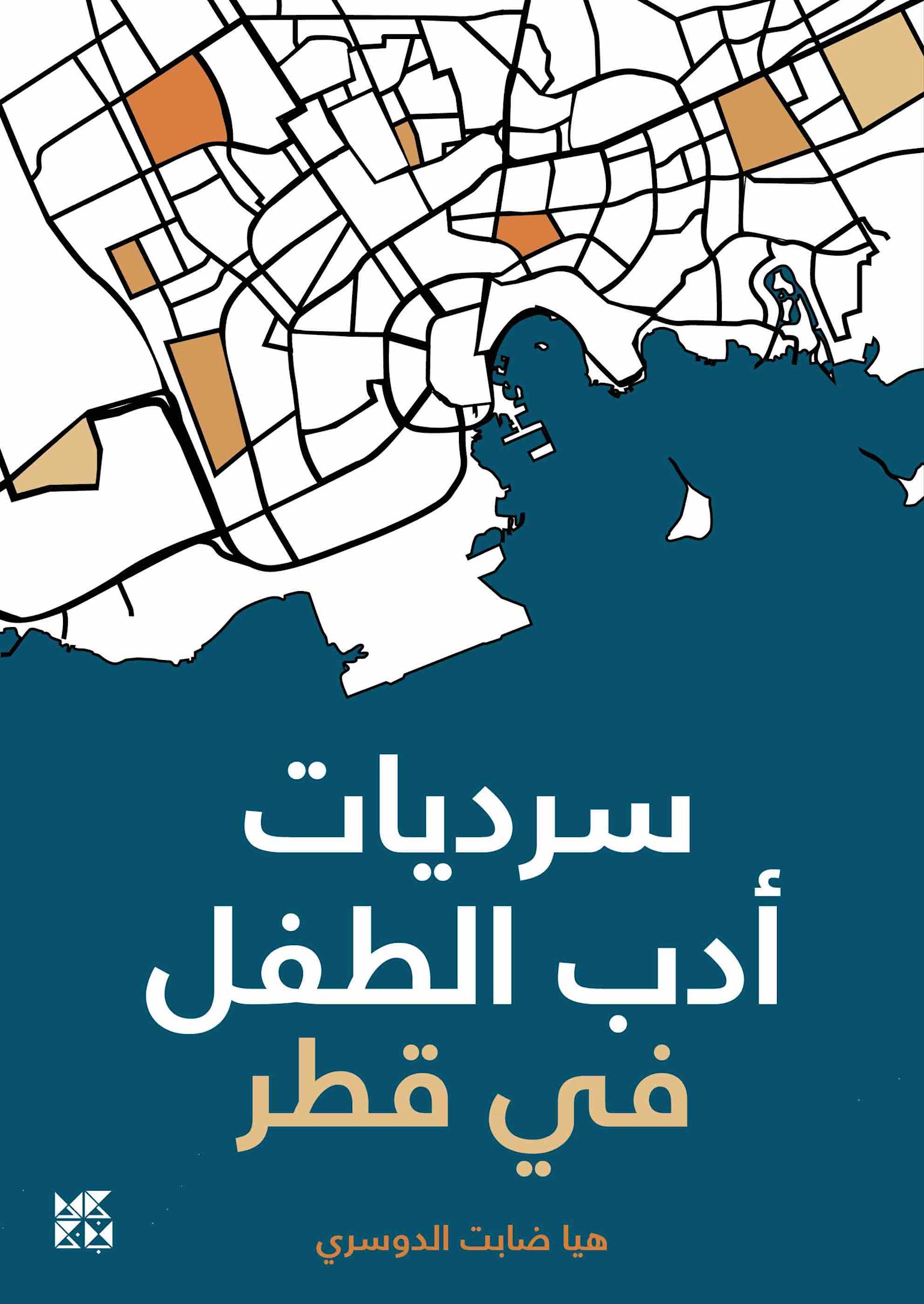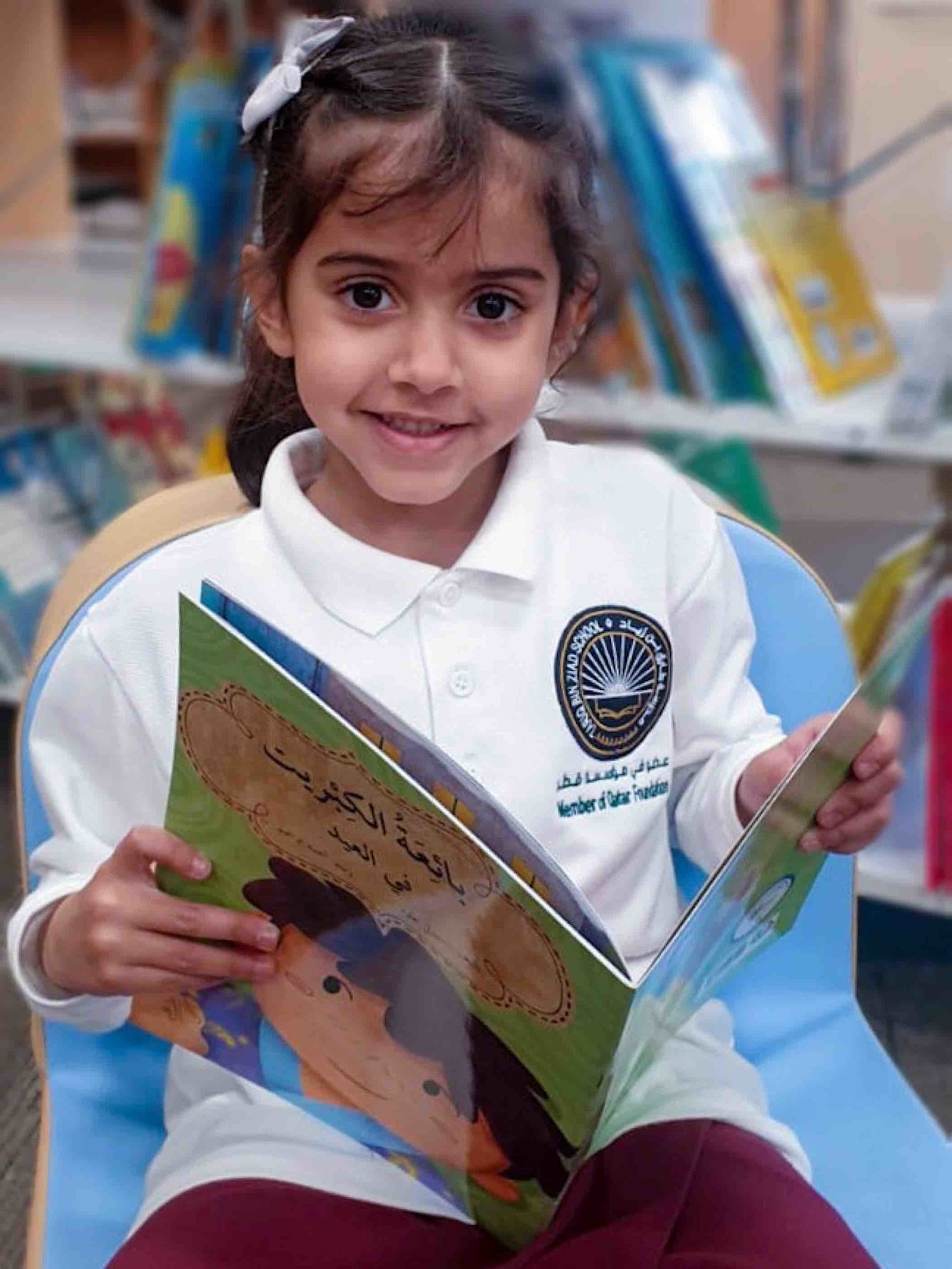Coronavirus (COVID-19) Updates
For the latest COVID-19 information and updates from Qatar Foundation, please visit our Statements page

In her upcoming book, published by Hamad Bin Khalifa University Press, a member of Qatar Foundation, Qatari researcher Haya Al Dosari investigates the challenges that educators face amid COVID-19, and how to overcome them.
Over a year since the COVID-19 pandemic began, we are still in the midst of this global health crisis that has directly and indirectly impacted people's lives the world over, in countless ways.
One of the fields that faces the most direct challenges is education, with students, parents, and teachers still navigating the ever-changing landscape of a COVID-19 world.
At whatever cost, we had to preserve a safe educational environment through any means necessary
Yet from the start of the pandemic, educational leaders around the world galvanized to address the challenges head-on. So, how can we mitigate the effects of COVID-19 on our children’s learning? What is the ideal practice for mitigating the pandemic's effect on how we teach and instruct? What are the new systems that can be adopted to make sure that all learners have access to information and continue to thrive?

aya Al Dosari’s book, Narratives of Children’s Literature in Qatar, published by HBKU Press.
And, when this is all over, what happens then? What can we learn from this situation that will benefit students in the future and improve their educational outcomes?
Based on these guiding questions, Qatar’s education officials formulated a plan that aimed to prevent and mitigate the consequences of the pandemic. What became most evident was that, to continue education, we had to prepare our children to face such changes. At whatever cost, we had to preserve a safe educational environment through any means necessary.
Amid the pandemic, several initiatives and local programs have emerged that support families to continue to enrich the education of their children
The decision to adapt our education ecosystem to an online learning model was not an easy one to undertake. More than a year into the pandemic, this model is still being questioned and challenged; we are still in a time of change. But if we are to achieve our ultimate objective – the continuation of learning and teaching – our only chance of doing so is to continue adapting and coming together as a community to support our children’s learning.
The United Nations Educational, Scientific and Cultural Organization (UNESCO) launched an official response to mitigate the pandemic's effect globally, through the Global Education Coalition to support countries in promoting education based on remote learning practice and guaranteeing children's right to learn.
Education is not the sole responsibility of the family, neither it is the sole and exclusive duty of the state
Qatar’s efforts to support education were well known even before the pandemic. Global initiatives including the Qatar Fund for Development, and the Educate a Child initiative that was founded by Her Highness Sheikha Moza bint Nasser, the founder and CEO of the Education Above All foundation, in 2012 – among many other charitable foundation initiatives in Qatar – have contributed positively to the field of education the world over.
Amid the pandemic, several initiatives and local programs have emerged that support families to continue to enrich the education of their children. Among such efforts were the contributions of many Qatari authors who launched their own cultural initiatives from the very beginning of the crisis to promote children's learning through literature and culture. Even families, anxious of the effects of the pandemic on their most vulnerable members, pulled together internally and shouldered the responsibility of ensuring their children’s educational continuity.
In order to ensure success, governments and people have had to work together to bridge the gap to mitigate the effects of the pandemic. And educational institutions were quick to mobilize, even without a prior conceptualization of the future of the new education practices and their levels of response, to try to make this work.
Children's literature in Qatar has experienced significant changes that directly affected its components and narratives' genre
My recommendation regarding this matter is to help promote the intra-initiatives and co-relations between the state's several institutions and the local community to embrace authors and scholars' initiatives for supporting children culture and education. Education is not the sole responsibility of the family, neither it is the sole and exclusive duty of the state. However, it is an integrative relation between the state and its institutions on one side, and the society and all its people on the other side.
Promoting national identity is one of the education basics on which the schools of Qatar Foundation work, because we cannot establish a generation with critical and creative thinking skills, and openness to the world, without establishing a solid identity that is derived from its constancies, values, and the Arabic language.
This is why QF has launched many projects promoting values and elevating the profile of the Arabic language, including its Siraj TV series; a two-year joint initiative named TEDinArabic, an international platform for Arabic-speaking thought-leaders, scholars, artists and change-makers around the world; as well as a series of Arabic lectures at Education City and the Akhlaquna award for promoting ethical values.
In addition to these established projects, we are currently developing important programs that aim to promote local knowledge, innovation, language and culture; connect children to their heritage and traditional values; ensure quality of resources and of learning and teaching standards; and finally, to promote local partnerships with Qatar’s Ministry of Education and Higher Education. We are also currently reviewing and developing learning resources for the subjects of Qatar History and Citizenship for private schools to ensure Qatari history and citizenship values are introduced to children.
As for promoting children's culture, Qatar’s award for children's literature was launched in 2005. It is one of the most important awards in the field of promoting such a cultural genre in order to establish a literary base that enriches children's culture knowledge, and is directed toward creativity, as children's literature is rich and one of the most important means of education. My interest in children's literature in the educational field has lasted since my graduation at Qatar University in 2013, because this literary genre has an educational context in teaching children about the Arabic language.
In addition, I gained professional and research experience through my study about the origins of children's culture, promoting their identity, and developing the range of their artistic and critical vision. I engaged in critical and literary study, investigated the narratives of children's literature in Qatar, and relied on critical and literary studies related to children's narratives and digital narratives. This resulted in my studies which investigated this literary genre in the Arabian Gulf region, and my realization of the importance of elevating critical studies of children's literature, the promotion of this genre at a local level, and the necessity of making this study a milestone for ensuring the quality of output provided to Qatari children.

According to Haya Al Dosari, children’s literature is “one of the most important means of education”.
Children's literature in Qatar has experienced significant changes that directly affected its components and narratives’ genre. This is all included in my book, Narratives of Children’s Literature in Qatar (Hamad Bin Khalifa University Press, 2021), documenting the evolution of children's literature and its narratives that have been presented in Qatar, as well as research on the basic issues surrounding the roots of children’s literature and its different techniques.
Nurturing the culture and education of children means promoting identity, making use of everything that gives the child the fundamentals of creativity, and positively influencing the sentiments and the essence of children to avoid them becoming isolated and separated from their Arab and Islamic cultural environment.

